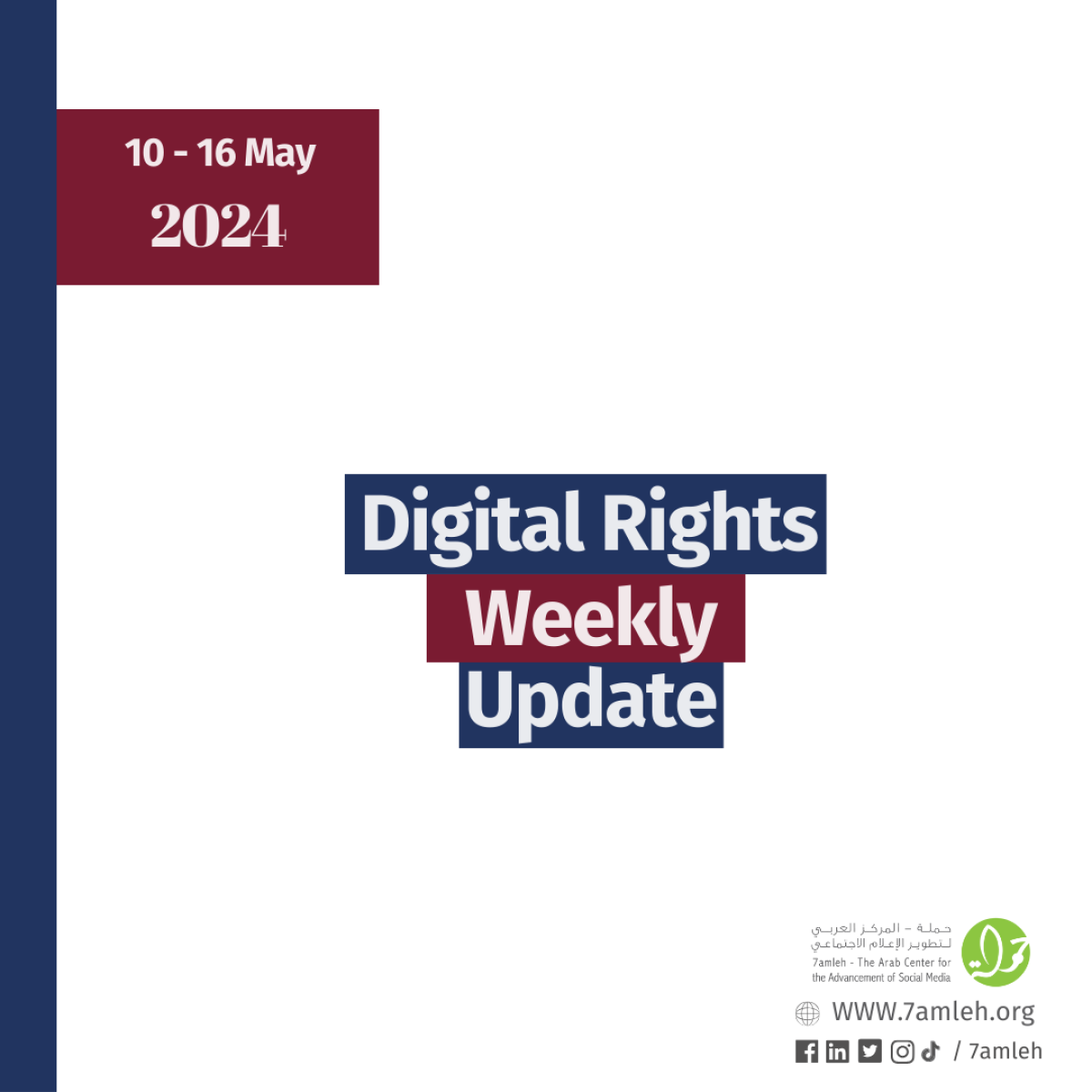
1.
Digital Repression in Palestine (English)
Association for Computing Machinery
What is known about digital repression in Palestine is relatively recent and often focused on specific political events. For example, the events of Sheikh Jarrah in 2021, when Palestinian families faced forced evictions, resulted in a surge of online activism that elicited solidarity around the world. Online activism, in turn, shined attention on the content moderation practices of social media companies, which critics claim discriminated against Palestinian content through restriction and censorship. This has raised critical questions about the role of social media in Palestinian political discourse.
2.
Fizz bug temporarily censors some terms related to Israel-Gaza war (English)
The Stanford Daily
On Sunday, students on Fizz, an anonymous social media app developed at Stanford, noticed that the search terms “Israel,” “Palestine” and “protest” led to no results, sparking rumors about whether Fizz moderators were censoring posts related to the Israel-Gaza war. Fizz cofounder Ashton Cofer told The Daily that Fizz does not have any banned keywords, aside from common slurs linked to hate speech, and that the terms “Israel” and “Palestine” have not been banned on the site.“Our engineers investigated and found that a bug in our moderation system was causing some posts to not be indexed into our searching service,” Cofer said. “This means that some posts weren’t showing in search even though they were still showing in the New / Fizzin’ / Top feeds.”
3.
How US Big Tech supports Israel’s AI-powered genocide and apartheid (English)
Aljazeera
Shortly after the October 7 attacks on Israel, Google CEO Sundar Pichai issued a statement on social media, extending sympathy to Israelis without mentioning the Palestinians. Other tech executives – including from Meta, Amazon, Microsoft and IBM – offered their gushing support for Israel as well. Since then, they have remained largely silent as the Israeli army has massacred close to 35,000 Palestinians, including more than 14,500 children, destroyed hundreds of schools and all universities and devastated Palestinian homes, healthcare infrastructure, mosques and heritage sites. To execute this shocking level of destruction, the Israeli military has been assisted by artificial intelligence (AI) programs designed to produce targets with little human oversight.
4.
Social media users are blocking celebs to support Palestine (English)
The Verge
Social media-based activism can be fleeting: followers lose interest; momentum dies down; and the reach of movements is limited by algorithms. To be fair, the Blockout is still in its early days, and it’s unclear if it will have a measurable impact. But for a conflict that’s unfolding via shortform videos, live selfie-style updates, and Instagram posts, this will likely not be the last we hear of it.